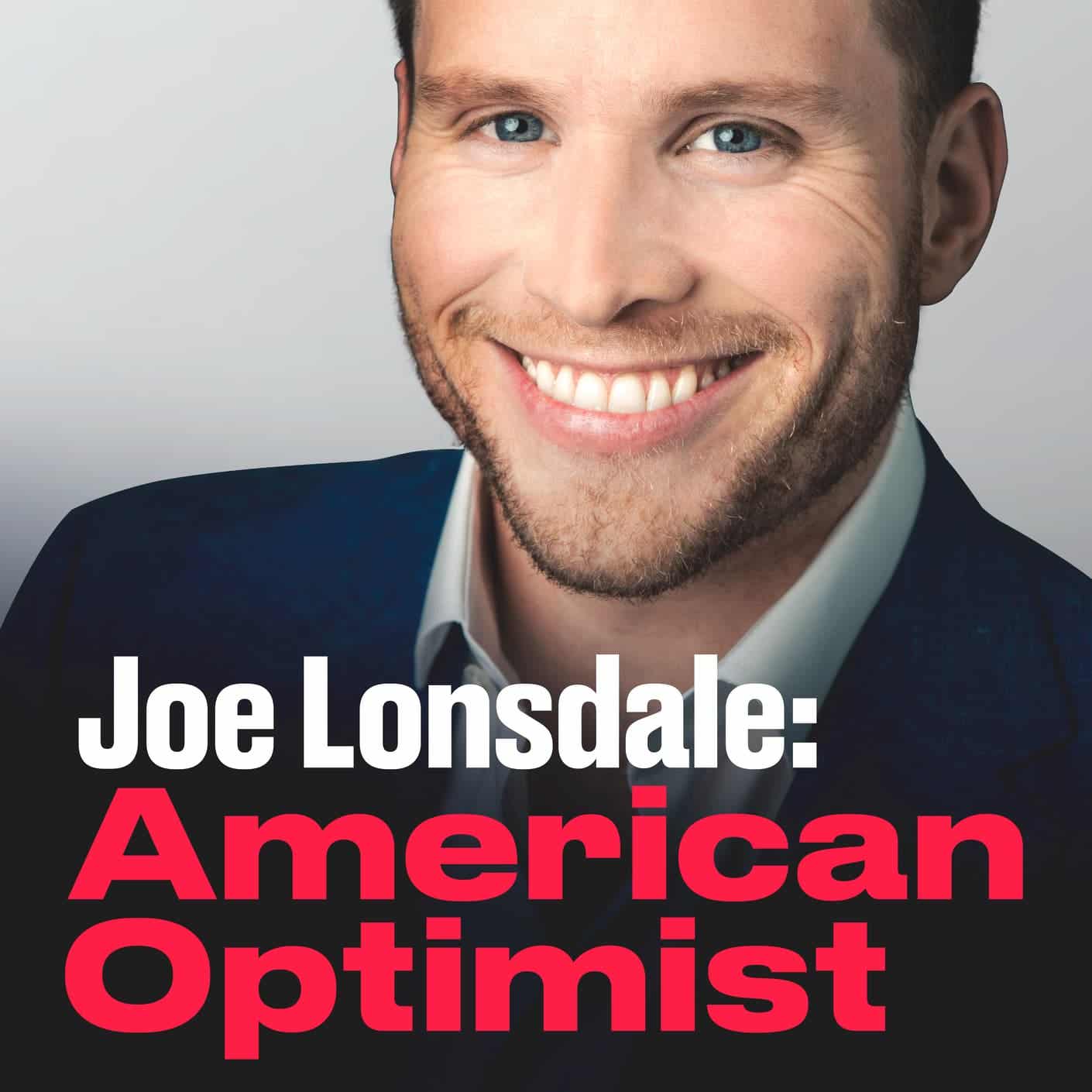
Ep 118: Marc Andreessen on AI, Robotics & America's Industrial Renaissance

Joe Lonsdale: American Optimist
Deep Dive
- The American system, a protectionist policy, enabled the US to become an industrial superpower.
- McKinley initially adopted protectionist tariffs but later shifted to reciprocal tariffs to facilitate exports.
- China is currently following a similar industrialization playbook.
Shownotes Transcript
America's global ascendency was tied to its industrial strength. But since the 1960s, our manufacturing might gave way to white-collar services. Now, we've on the verge of a new AI economy. Is this our moment to reindustrialize? What does it mean for trade and immigration? And how do we make sure everyone, particularly rural America, shares in the potential economic growth?
These are some of the most important policy questions that will determine the future of our country, and Marc Andreessen is the right person to ask. Several weeks ago I interviewed Marc, co-founder and general partner at Andreessen Horowitz, for the first annual Ronald Reagan Economic Forum, an alternative to the World Economic Forum that offers a more dynamic, pro-growth view of the future of America and the West.
We begin with the debate over tariffs, and what Marc has learned from studying President McKinley, a key inspiration for President Trump's trade views. McKinley's protectionist agenda is well known, but Marc explains why he actually shifted to reciprocal tariffs by the end of his term as manufacturers needed new markets. Next, he details America's transformation into a services-based economy, why it benefited the coasts over the heartland, and the intense political and cultural divides that emerged. Learn why Marc believes that AI plus robotics will provide a unique opportunity to capture the manufacturing jobs of the future and help rural areas share in the upside. We also discuss the debate over immigration and what smart policies look like in an AI-driven economy. Finally, we cover the potential bottlenecks to an AI boom, and how our leaders can position America to lead an industrial renaissance.
00:00 Episode intro
02:18 Understanding McKinley & Trump on tariffs
07:20 Manufacturing to services; America's economic shift
11:30 The great clash between cities & rural America
15:50 Deindustrializing wasn’t inevitable; it was a choice
17:40 AI is a fundamental turning point
20:30 Robotics will be biggest industry ever created
23:54 High-skilled immigration + DEI hurts rural kids
29:32 What are bottlenecks to AI boom This is a public episode. If you would like to discuss this with other subscribers or get access to bonus episodes, visit blog.joelonsdale.com)